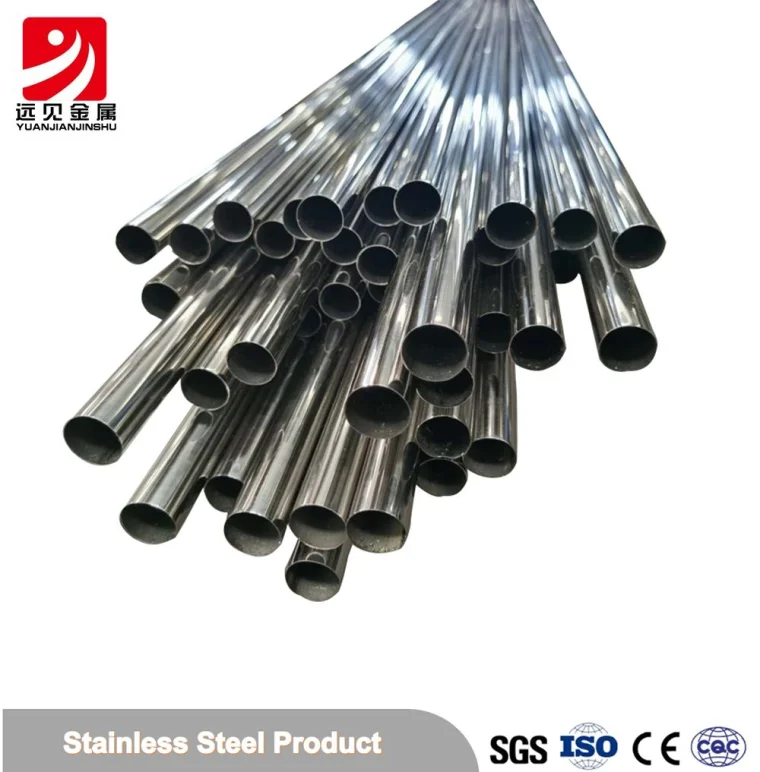As the world continues to prioritize sustainability and seek alternatives to traditional fossil fuel-powered vehicles, the question arises: What will replace electric cars? While electric vehicles (EVs) have gained significant popularity in recent years, it is essential to explore other potential solutions that could shape the future of sustainable transportation. In this forum post, we will delve into several emerging technologies and concepts that could potentially replace or complement electric cars.
- Hydrogen Fuel Cell Vehicles:
Hydrogen fuel cell vehicles (FCVs) have the potential to revolutionize the automotive industry. Unlike electric cars that rely on batteries, FCVs use hydrogen gas to generate electricity, emitting only water vapor as a byproduct. FCVs offer several advantages, including faster refueling times and longer driving ranges compared to electric cars. However, challenges such as hydrogen production and infrastructure development need to be addressed for widespread adoption. - Solar-Powered Vehicles:
Solar-powered vehicles harness the energy of the sun to generate electricity, eliminating the need for external charging. While solar cars are not yet commercially viable for everyday use, advancements in solar panel efficiency and integration into vehicle design could make them a promising alternative in the future. Additionally, solar technology can be integrated into electric cars to extend their range and reduce reliance on the grid. - Self-Driving and Shared Mobility:
The rise of autonomous vehicles and shared mobility services could significantly impact the transportation landscape. Self-driving cars, when combined with ride-sharing platforms, could reduce the overall number of vehicles on the road, leading to less congestion and lower emissions. This shift towards shared mobility could potentially decrease the need for personal car ownership and promote a more sustainable transportation ecosystem. - Hyperloop and Maglev Trains:
Beyond individual vehicles, high-speed transportation systems like the Hyperloop and magnetic levitation (maglev) trains offer an alternative to traditional road travel. Hyperloop, a concept proposed by Elon Musk, envisions a network of low-pressure tubes where pods travel at high speeds, reducing travel times and energy consumption. Maglev trains, which use magnetic fields to levitate and propel trains, offer similar benefits of speed and energy efficiency.
Conclusion:
While electric cars have made significant strides in promoting sustainable transportation, the future holds various alternatives that could complement or replace them. Hydrogen fuel cell vehicles, solar-powered vehicles, self-driving and shared mobility, as well as high-speed transportation systems, all present exciting possibilities. As technology continues to advance and sustainability remains a global priority, it is crucial to explore and invest in these emerging solutions to shape a greener and more efficient transportation future.




